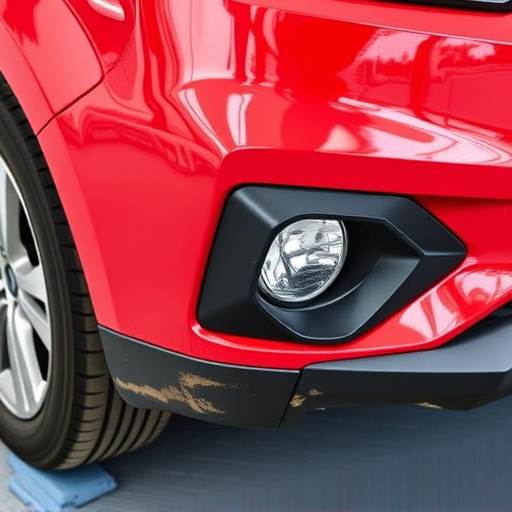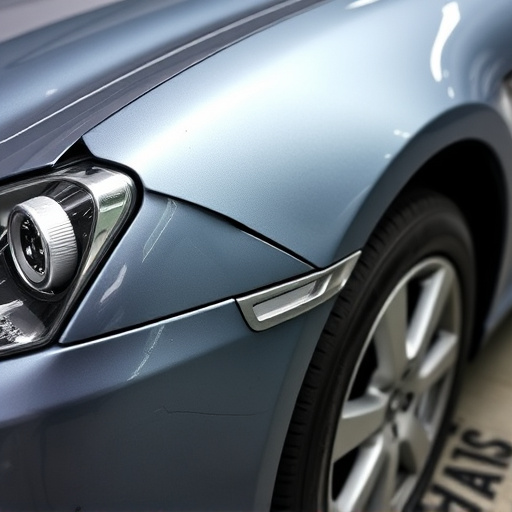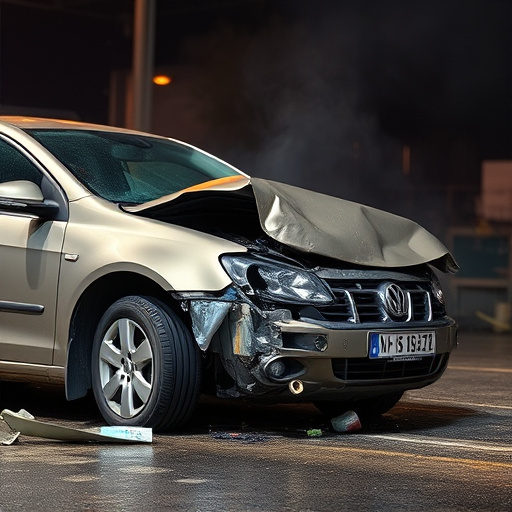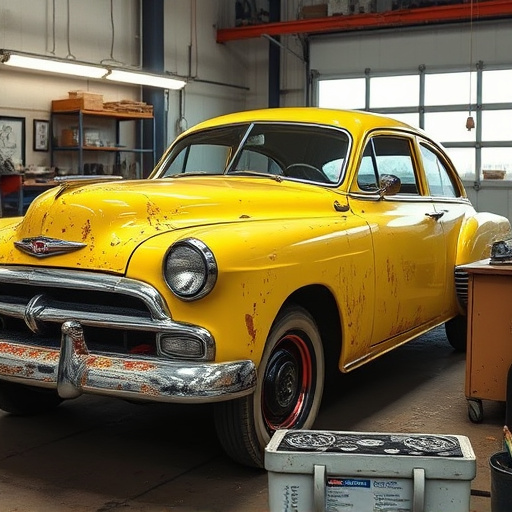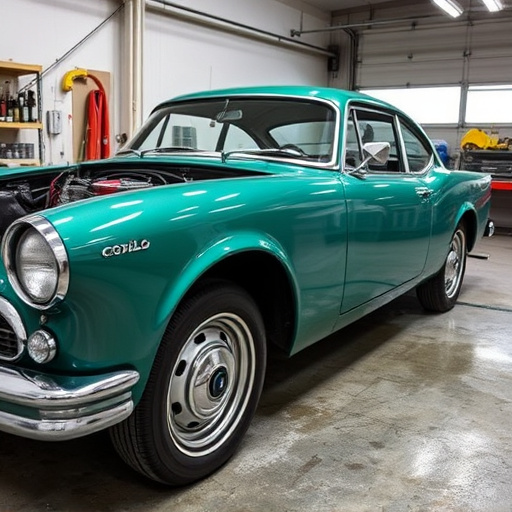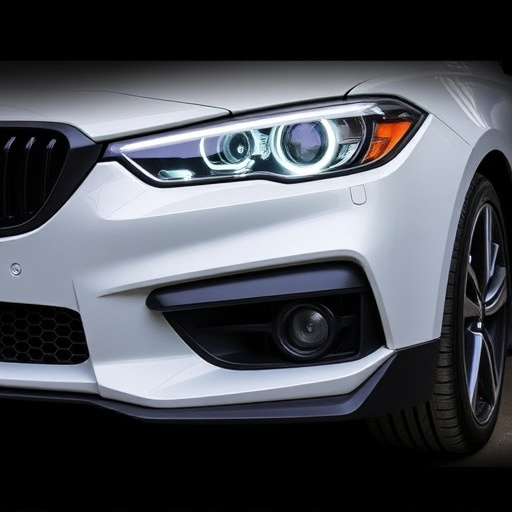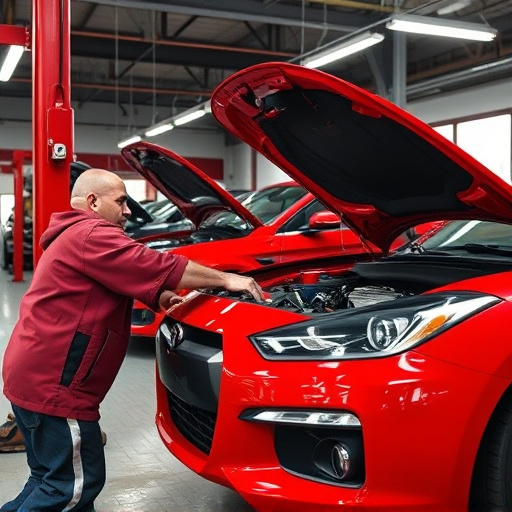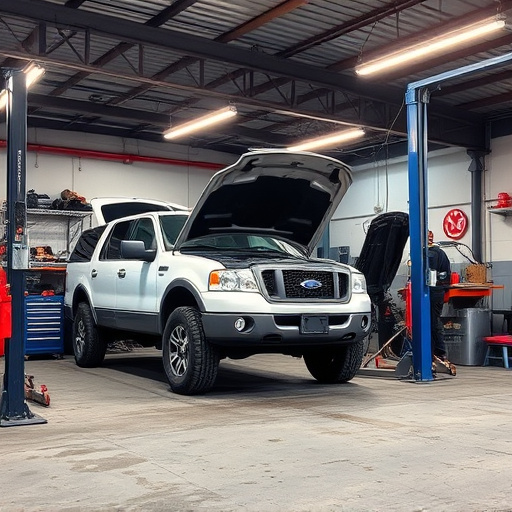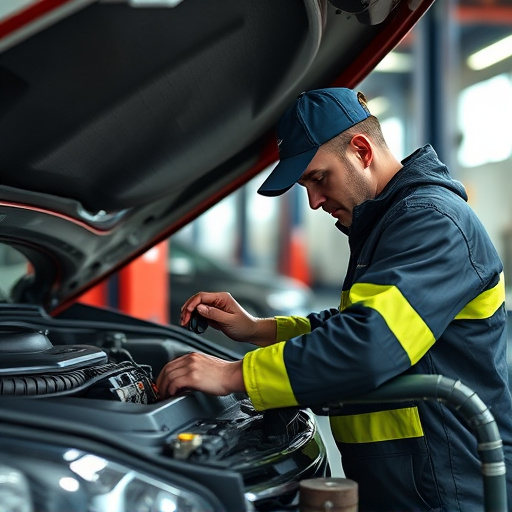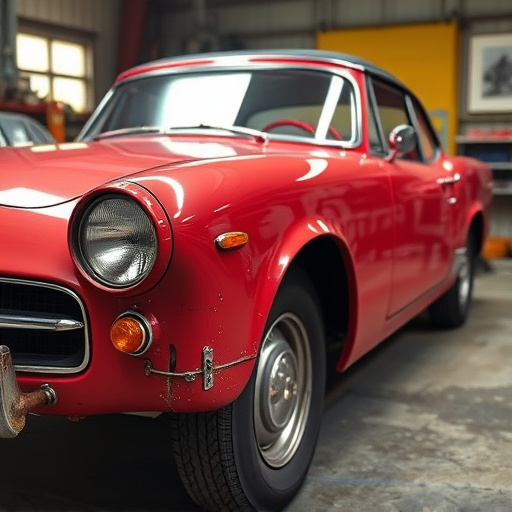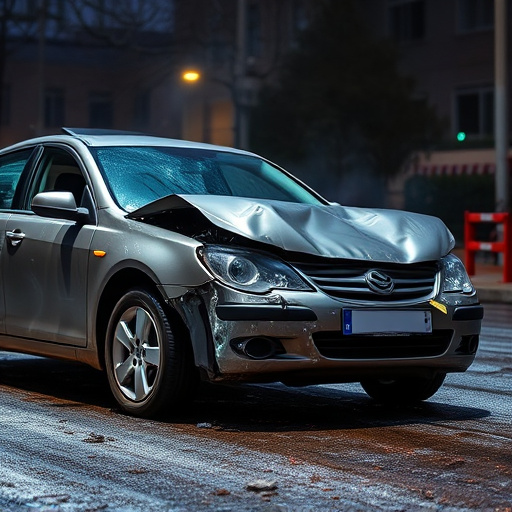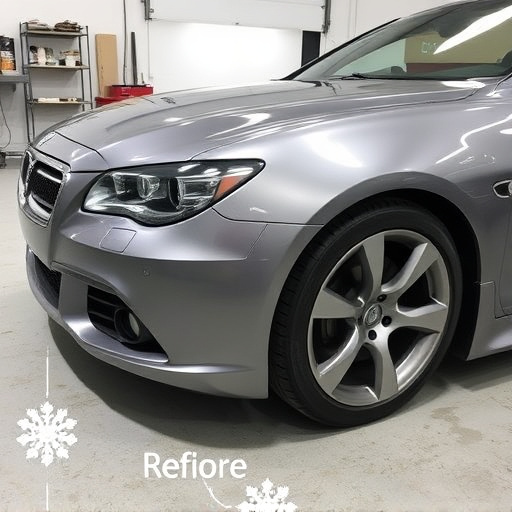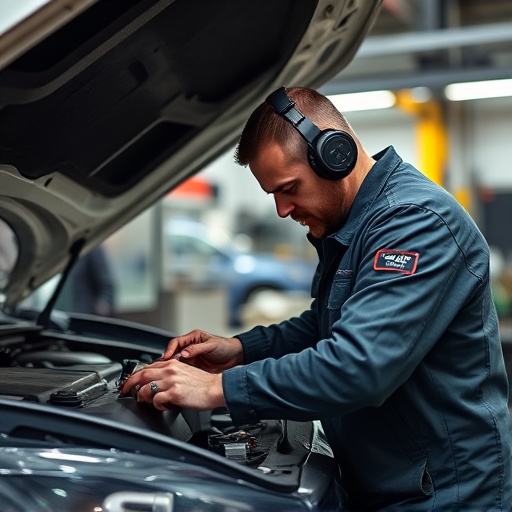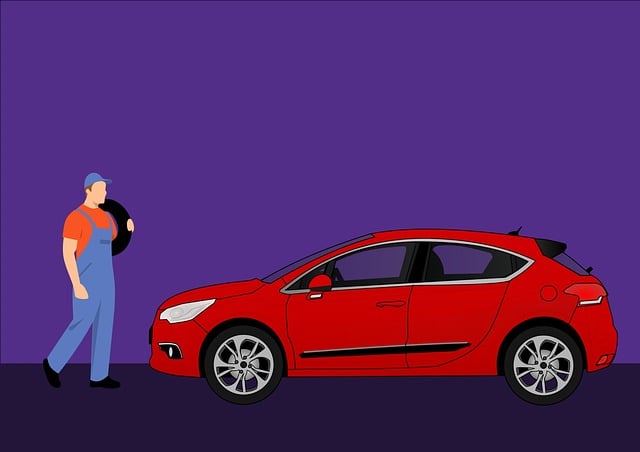Adhering to Original Equipment Manufacturer (OEM) standards for specialty collision hardware is crucial in luxury vehicle repair, ensuring compatibility, performance, and safety post-minor accidents. Reputable shops specializing in these repairs use approved parts and skilled technicians to maintain vehicle integrity and value. Specialty hardware enables precise restoration, preserving structural integrity and aesthetic quality through intricate adjustments. Manufacturers undergo rigorous testing and independent certification to uphold stringent quality and safety standards in specialty collision hardware, fostering customer satisfaction and trust.
Specialty collision hardware is transforming auto repairs by offering tailored solutions that meet OEM standards. This advanced equipment plays a pivotal role in ensuring precise, safe, and efficient vehicle restoration. Understanding OEM standards for collision hardware is crucial, as it guarantees quality and performance. From precision alignment to specialized repair tools, this hardware fosters higher levels of craftsmanship. By adhering to rigorous testing and certification processes, specialty collision hardware provides peace of mind, ensuring your vehicle’s structural integrity after any collision.
- Understanding OEM Standards for Collision Hardware
- The Role of Specialty Hardware in Auto Repairs
- Ensuring Quality and Safety: Testing and Certification
Understanding OEM Standards for Collision Hardware
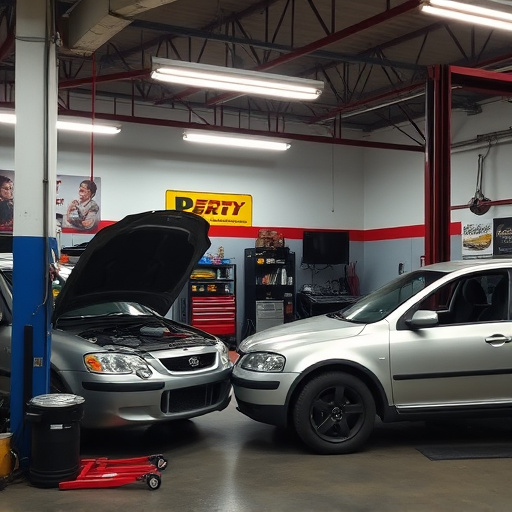
In the realm of automotive repairs, especially within the niche of luxury vehicle repair, understanding and adhering to Original Equipment Manufacturer (OEM) standards is paramount. OEM standards refer to the specific guidelines set by vehicle manufacturers for replacement parts, ensuring that every component, from collision hardware to intricate mechanicals, matches the original specifications. For specialty collision hardware, these standards are crucial as they guarantee compatibility, performance, and safety, particularly in cases of minor accidents like fender benders. Auto repair shops that specialize in these repairs must possess a deep knowledge of OEM protocols to offer precise solutions.
By adhering to OEM standards, specialists in luxury vehicle repair can maintain the integrity and value of the vehicle. This involves meticulously studying manufacturer guidelines, using approved parts, and employing skilled technicians who understand the intricate details of these vehicles. Such meticulous attention ensures that replacement hardware, whether it’s for a fender, body panel, or any other collision-related component, not only looks identical to the original but also functions seamlessly, leaving no trace of the previous damage in the auto repair shop.
The Role of Specialty Hardware in Auto Repairs
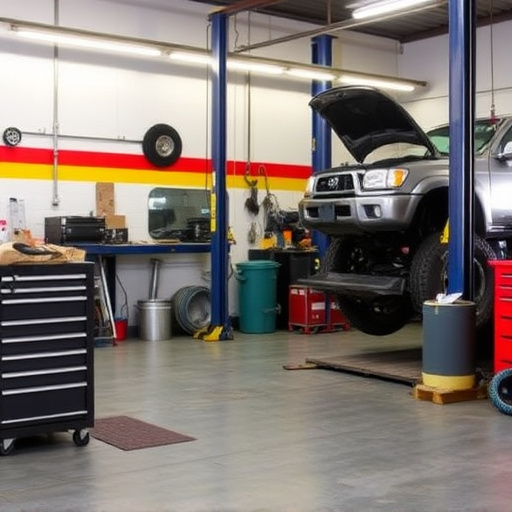
Specialty collision hardware plays a pivotal role in modern auto repairs, ensuring that vehicles are restored to their original state with precision and accuracy. These specialized tools and components are designed to meet Original Equipment Manufacturer (OEM) standards, guaranteeing both quality and safety. When a vehicle suffers damage, whether from an accident or regular wear and tear, the right specialty hardware is essential for effective repairs.
In the process of tire services, frame straightening, and vehicle dent repair, specialty collision hardware provides the necessary precision and strength. From specialized rivets and fasteners to advanced alignment equipment, these tools enable technicians to make intricate adjustments while maintaining structural integrity. By adhering to OEM standards, the resulting repairs are not just functional but also aesthetically pleasing, ensuring the vehicle’s overall performance and value are preserved.
Ensuring Quality and Safety: Testing and Certification
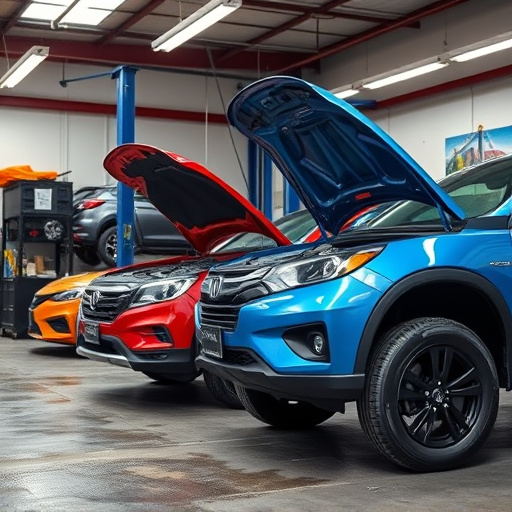
In the realm of specialty collision hardware, ensuring quality and safety is paramount. These components play a crucial role in vehicle restoration and auto glass replacement processes, making them subject to stringent testing and certification procedures. Manufacturers must adhere to Original Equipment Manufacturer (OEM) standards to guarantee that every piece of hardware meets the highest levels of performance and reliability.
Rigorous testing protocols involve simulating real-world scenarios, including impact resistance, temperature extremes, and corrosive environments, to verify the integrity of the specialty collision hardware. Certification bodies independently assess these products against industry standards, ensuring they not only meet but exceed expectations. This commitment to quality is vital for maintaining safety during vehicle repairs, ultimately enhancing customer satisfaction and confidence in scratch repair and vehicle restoration services.
Specialty collision hardware that meets Original Equipment Manufacturer (OEM) standards plays a vital role in ensuring quality and safety during auto repairs. By understanding OEM criteria, leveraging specialized hardware, and prioritizing rigorous testing and certification, automotive professionals can deliver superior outcomes while maintaining the integrity of modern vehicles. This approach not only enhances customer satisfaction but also contributes to the overall advancement of the automotive industry through safer, more reliable repairs.
